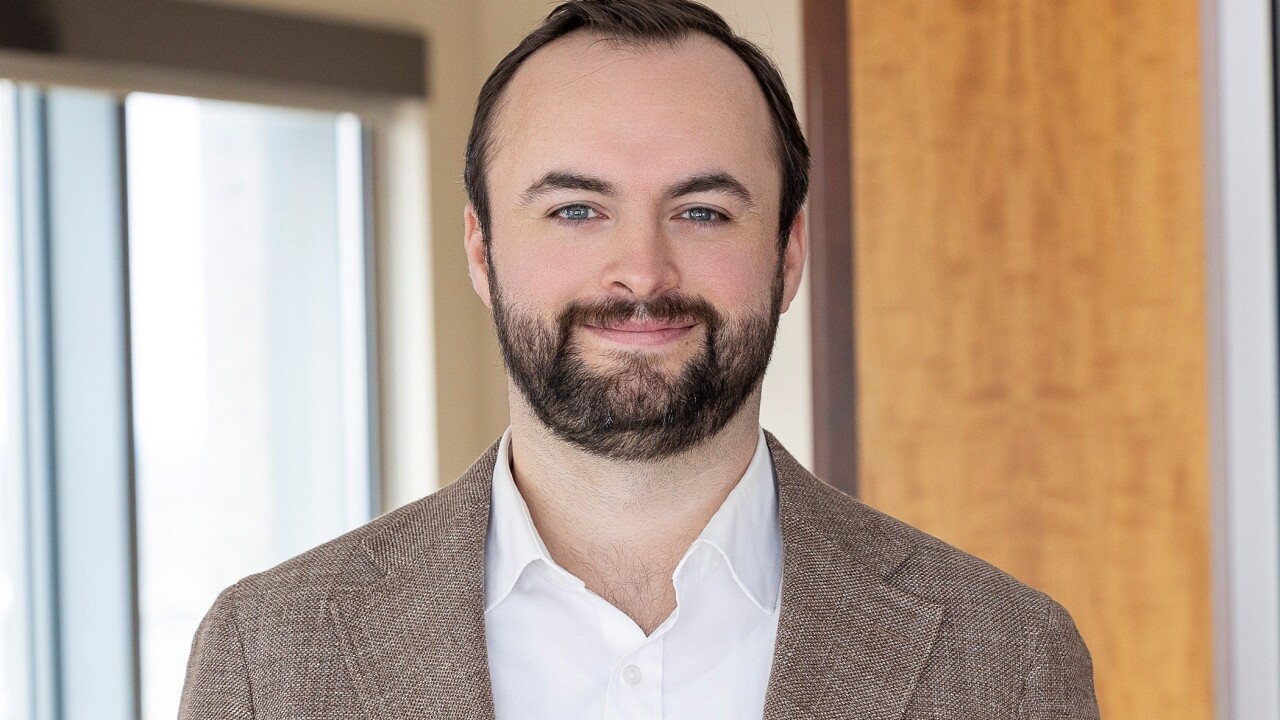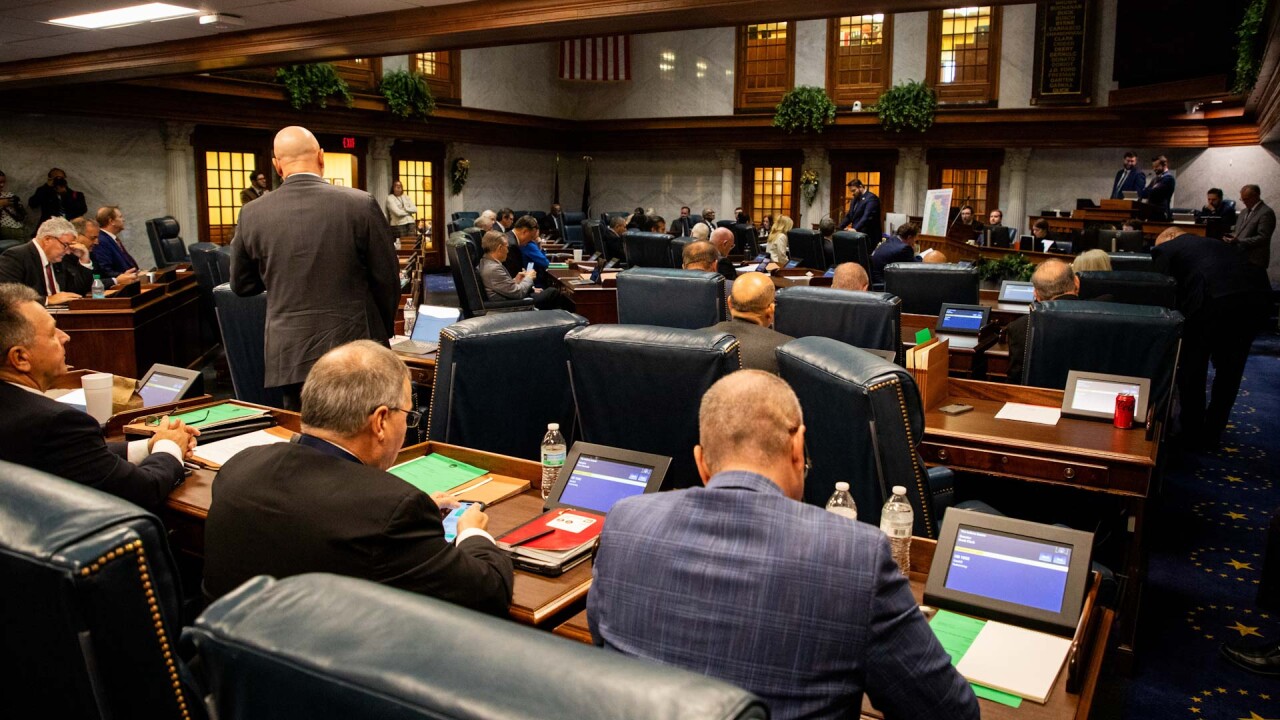Want unlimited access to top ideas and insights?
CHICAGO — Pension fund consolidation and asset transfers are emerging as focal points in Illinois Gov. J.B. Pritzker’s search for solutions to the state's pension underfunding.
Pritzker on Monday named two groups tasked with recommending potential fixes. One task force will explore the consolidation of pension funds, beginning with the more than 600 downstate police and fire funds, and then three of the state’s five pension funds.

An asset value and transfer task force is being asked to identify and analyze state assets and make recommendations as to their best use to help stabilize the state’s finances. Recommendations could include the repurposing or sale of assets or transfer to state pension systems to raise funding levels.
“The enormity of Illinois’ pension problems at all levels of government cannot be overstated, and these two task forces will provide concrete recommendations on two ideas that will improve the health of pension funds around the state,” Dan Hynes, a deputy governor, said in the announcement.
Governments that sponsor pension funds for police and firefighters who don’t work for Chicago or Cook County have been clamoring for relief from funding pressure that is driving up taxpayer costs, eroding credit profiles, and crowding out funding for essential services.
Local governments and the state collectively carry a $185.2 billion unfunded pension liability, based on Illinois Department of Insurance data using 2016 pension fund results. Some systems like Chicago with a $28 billion tab and Illinois with a $133.7 billion burden have announced more recent results.
The state is home to more than 670 separate public pension funds including Illinois; Chicago and its sister agencies; Cook County; the Illinois Municipal Retirement Fund or IMRF, which covers general employees who don’t work for Chicago or Cook County; and 656 municipal public safety funds.
Illinois’ system is just 40.1% funded and a primary strain on the state’s ratings, with two hovering on the final notch above junk. Chicago’s system is 26.5% funded, a central factor in its one junk rating. The 656 downstate and suburban firefighter and police funds are 57.6% funded, but that’s the average, with some in the 20% range. The IMRF is nearly 90% funded.
The local public safety funds’ unfunded tab stood at about $9.9 billion
Both ideas raise a series of material questions, said Richard Ciccarone, president of Merritt Research Services LLC. What cash flow is lost in an asset transfer, and what’s the impact? And consolidation is no panacea as it provides for only limited savings and could prove a hard sell due to mistrust of a state-imposed mandate that strips local control.

“There’s not one idea that doesn’t have a downside, but in Illinois the situation is so bleak that you have to take a look at every possibility that can provide relief,” Ciccarone said.
While any idea needs deep vetting, Ciccarone added that “it’s not only the time for brainstorming but for execution,” and any measures should be undertaken with policy changes to protect against future pension abuses like double-dipping to boost a pension.
CONSOLIDATION
The governor says consolidation could improve returns on investment and increase efficiencies by lowering overall investment and administrative fees.
The consolidation feasibility task force will be co-chaired by William Brodsky, former chairman and chief executive officer of the Chicago Board Options Exchange; Pat Devaney, president of the Associated Fire Fighters of Illinois; and former state senator and minority leader Christine Radogno.
While the idea of consolidation has been talked about before, the idea seems ripe for fresh consideration.
The state comptroller last year began enforcing a law that allows pension funds to intercept a local government’s share of state-collected taxes if the government's annual contribution falls short of actuarially required levels. State law requires most local governments to reach 90% funding by 2040 on their public safety funds.
The impoverished Chicago suburb of Harvey was the first to be hit such an intercept request and a handful of others, including Chicago, have since faced such collection measures.
The seven bills backed by the Illinois Municipal League offer options.

Whether the idea gains traction remains to be seen. It could take a backseat to the state's immediate $3 billion budget deficit for fiscal 2020 and the drive for a new infrastructure plan.
The proposal has detractors.
Such a move could face pushback from local pension funds that are flush or fear a lack of local control. The Illinois Public Pension Fund Association also has pushed back and highlighted its concerns in a report from Anderson Economic Group LLC late last year.
The association recommends easing investment guidelines for the state’s smallest funds.
“Expanded investment authority is the least cumbersome and most effective way to ease the local contribution responsibility,” IPPFA President James McNamee said.
The study concluded consolidation would require asset liquidation and reinvestment fees of up to $155 million which would increase the pension funds' unfunded liability. The timing also poses risks if it occurs during a period of stock market growth and the local pension funds miss out on the resulting dividends.
ASSETS
“Currently, the state’s five pension systems have unfunded liabilities of nearly $134 billion and growing, while the state owns and maintains tens of billions of dollars in real estate and infrastructure assets,” says the task force announcement. “These assets could be used in a way that is far more financially responsible for the state, its pension systems and the taxpayers of Illinois.”
Jaqueline Avitia-Guzman, head of corporate development for Sears Holding Co., and Jamie Star, a lawyer and chairman of Longview Asset Management LLC, will lead the task force.
The announcement doesn’t name any assets. The Illinois State Toll Highway Authority is among the state’s largest, but it has billions of dollars of debt outstanding with stringent covenants. The state also operates a profitable lottery.
Asset transfers have received more attention as bankers pitch them as an untapped source that can be leveraged to help ease the pain. New Jersey’s lottery is now an asset of the state’s pension fund based on 2017 legislation. On Monday, Gov. Phil Murphy’s administration took the first step toward leveraging state assets with the release of a request for qualifications for a state asset financial advisor.
New Jersey’s system carries $143.2 billion of unfunded liabilities and at a 36% funded ratio is slightly weaker than Illinois. The lottery transfer lowered the unfunded tab by $13 billion.
An asset transfer that links a revenue-producing asset to public pension funds may provide long-term solutions for governments struggling under the weight of poorly funded systems, Michael Belsky, executive director of the Center for Municipal Finance at the Harris School of Public Policy at the University of Chicago, wrote in an
The transfer enables the asset to be accounted for using its higher market value to boost funding ratios. An additional benefit is that the asset remains in the public domain, which is not always the case with the privatization of existing assets, which Chicago has done, Belsky wrote.
Another positive is that public assets are often essential-purpose monopolies such as water and electric systems. This provides stable asset values and predictable income streams for pensions as opposed to the vagaries of the market, Belsky wrote.
Other ideas floated by various factions to help manage the state’s rising unfunded liabilities and growing annual contributions include a re-amortization of the current 50-year funding schedule adopted in 1995.
Others include issuing pension obligation bonds, asking employees to accept some benefit cuts in exchange for counting future raises toward their pensionable salaries and putting a constitutional amendment on the 2020 ballot asking voters to allow for benefit cuts now prohibited under a stringent provision in the state constitution.
Pritzker has thrown cold water on any effort to alter benefits saying pensions are a promise to employees and retirees and must be honored. Tinkering with the current amortization schedule was mentioned as an option in the transition report last week. The report did not mention POBs, which could resurface in Pritzker’s budget announcement Feb. 20.





